
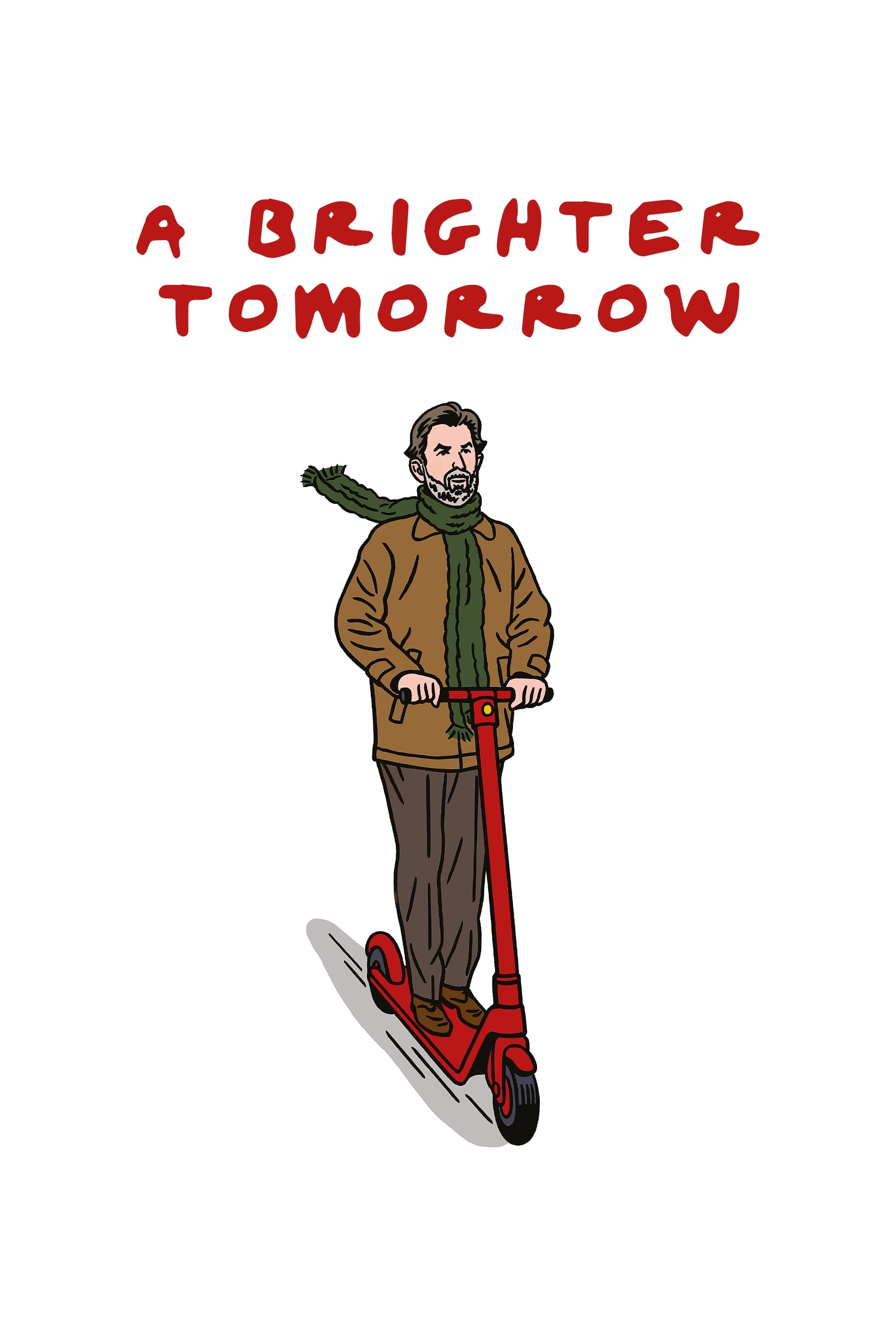
An old film director, unhappy with the movie he's shooting about a Hungarian circus stranded in Rome during the 1956 anti-Soviet uprising, faces divorce from his producer wife and other problems.
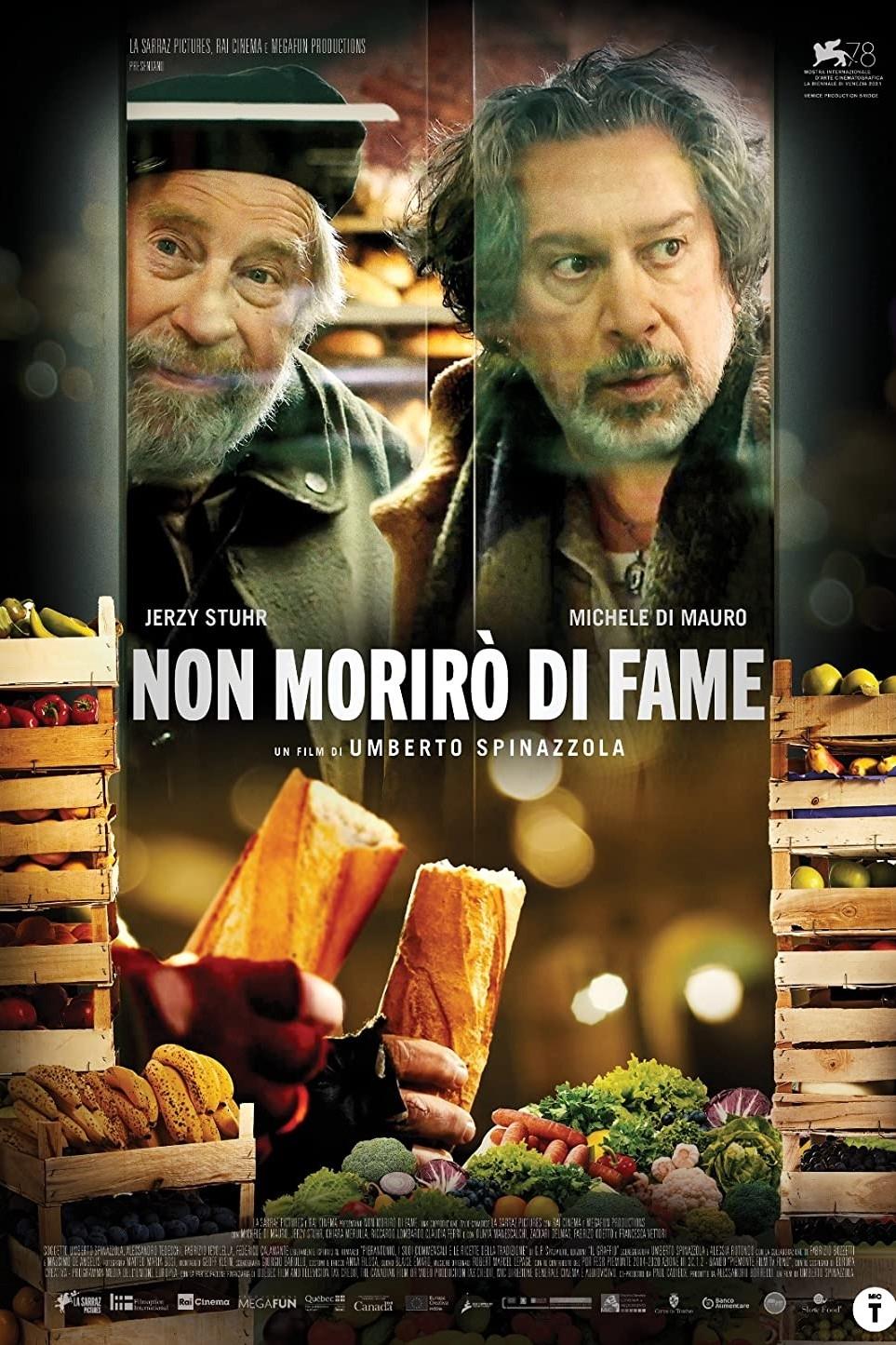
I Will Not Starve tells the story of a fallen chef, formerly a Michelin star, who returns to Turin following the death of his ex-wife and after several years of absence. While trying to mend the broken bond with his teenage daughter, he meets a tramp who introduces him to a new way of life, living freely and taking advantage of grocery store food waste to feed himself. Together, they will transform unloved foods into true masterpieces.
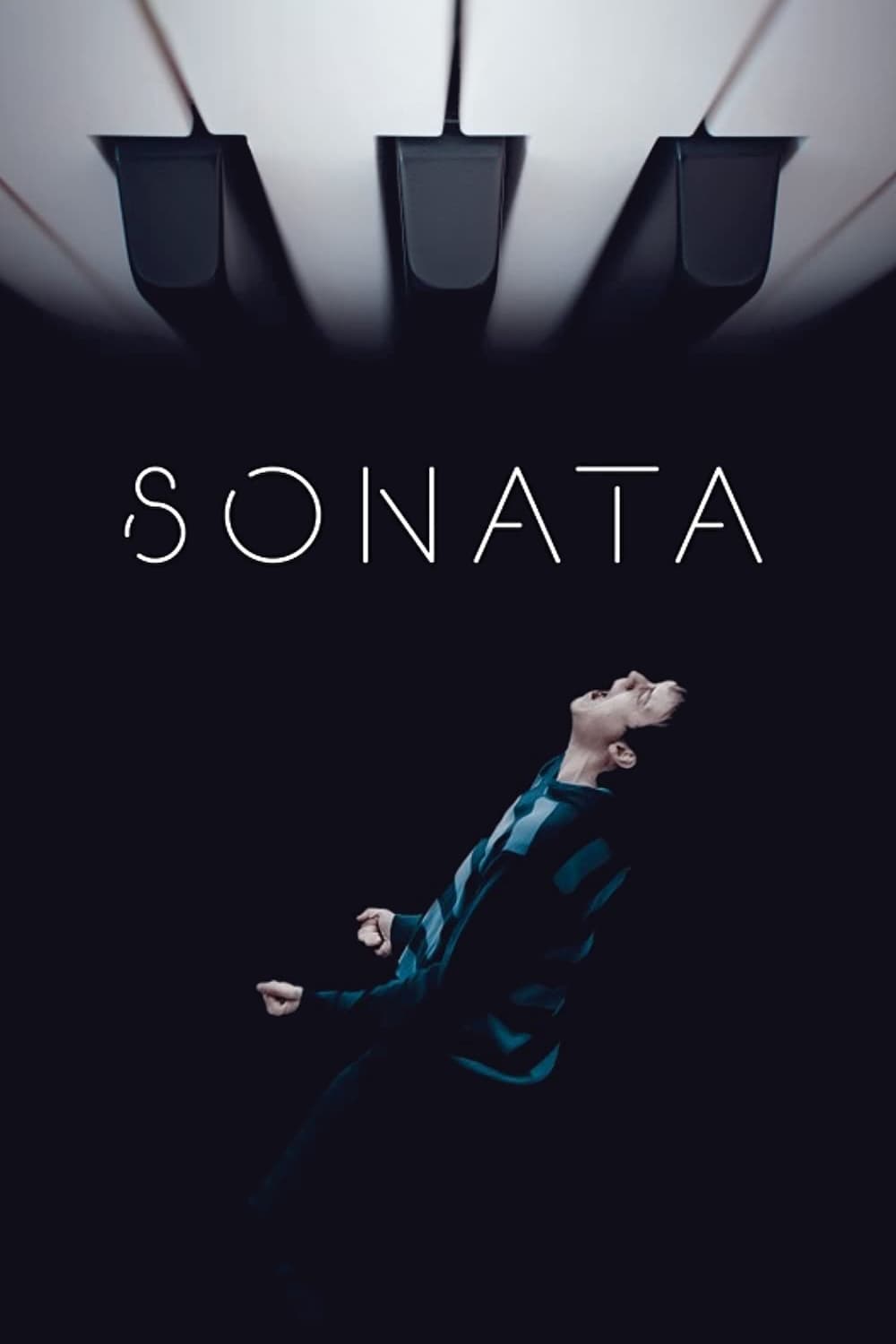
Diagnosed as an autistic child, Grzegorz lives in his own, hermetic world not being able to connect with others. When he is a teenager, it turns out that the cause of Grzegorz’s isolation is not autism but a deep hearing impairment, underneath which a great musical talent has been hidden for years.
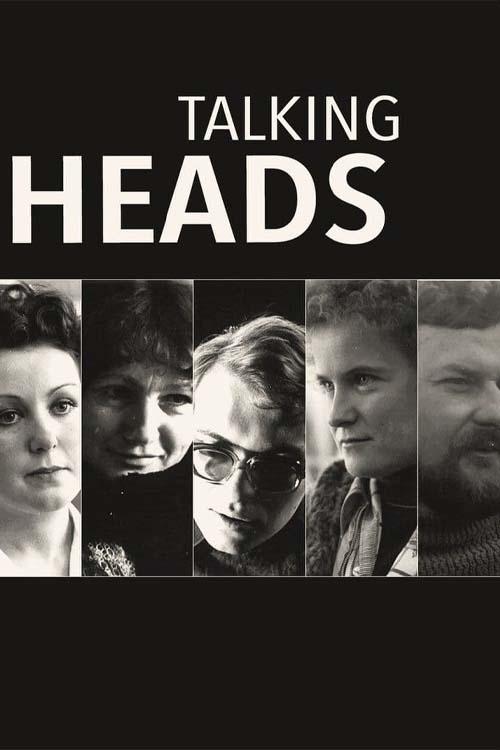
The film was inspired by one of the most important documentaries shot by Krzysztof Kieślowski, Talking Heads (1980). The director asked his interlocutors seemingly simple questions, such as “Who are you?” and “What do you want?”.
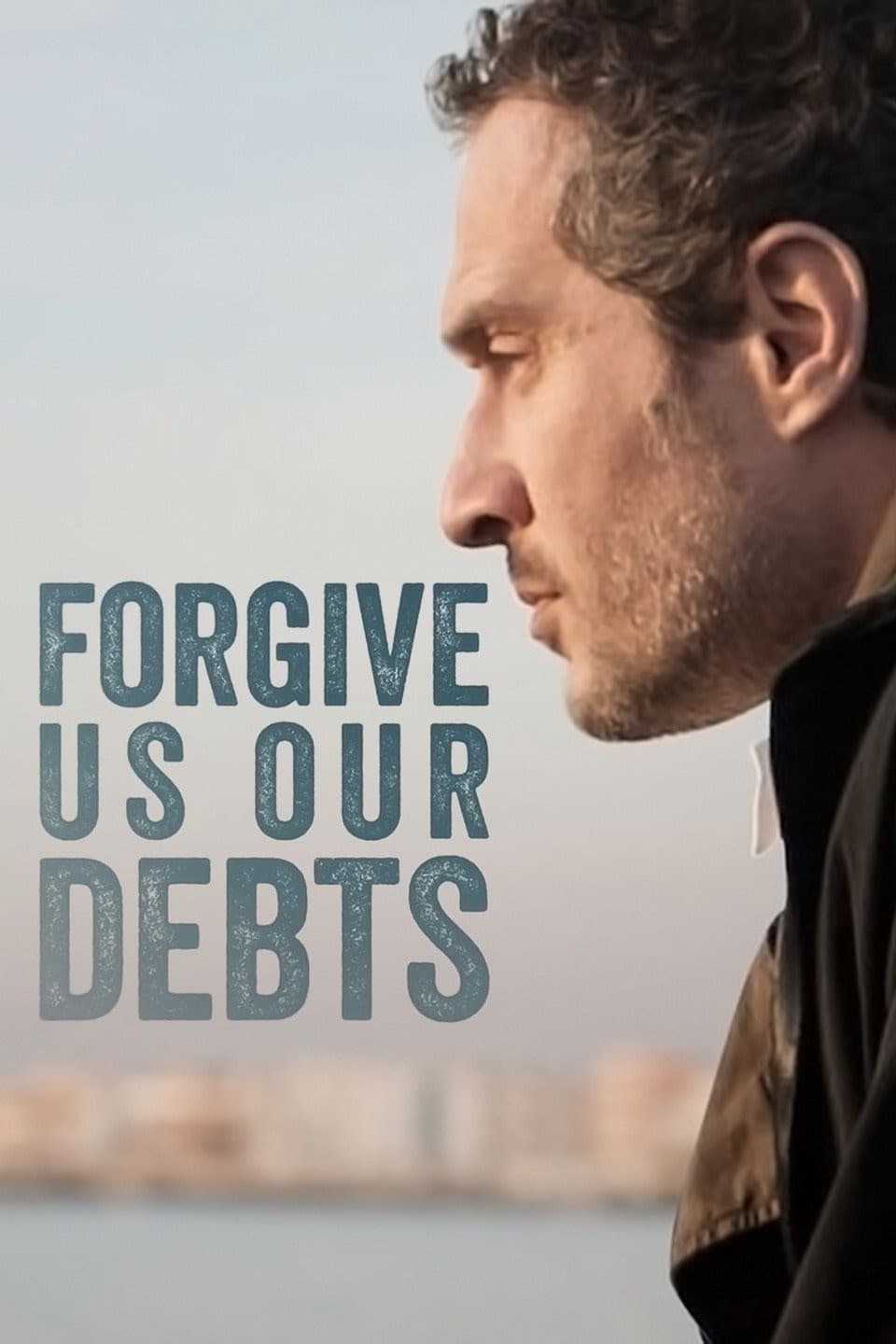
Threatened by creditors, a newly unemployed man agrees to work for a debt collector, but soon discovers his deal with the devil has unexpected costs.

An attempt at depicting the life of a generation born and raised in communist Poland; a generation that lived through all the stages of that system and made it to democracy. Throughout his life, the film's protagonist has always tried to be active, but something always got in his way, either through an absurd coincidence, as a result of his own lack of ability, or due to the unpredictable nature of certain events in our recent history.
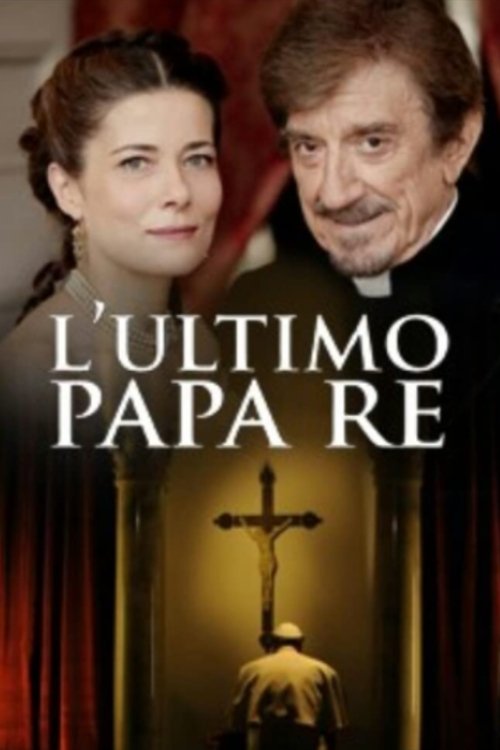
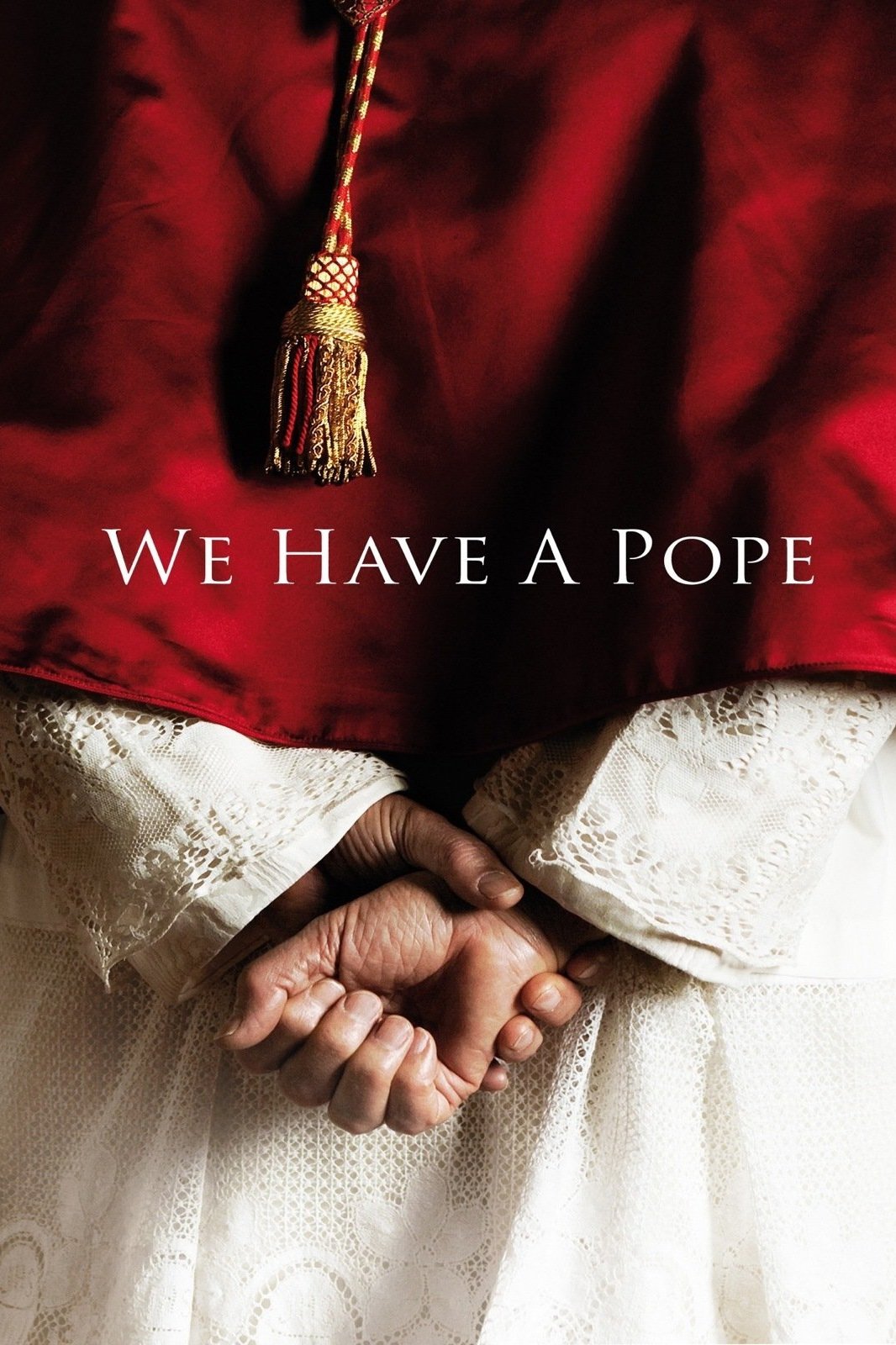
The newly elected Pope suffers a panic attack just as he is about to greet the faithful who have gathered to see him. His advisors, unable to convince him he is the right man for the job, call on a renowned therapist who also happens to be an atheist. But the Pope's fear of his newfound responsibility is one he must face alone. Winner Best Film at the Italian Golden Globes.
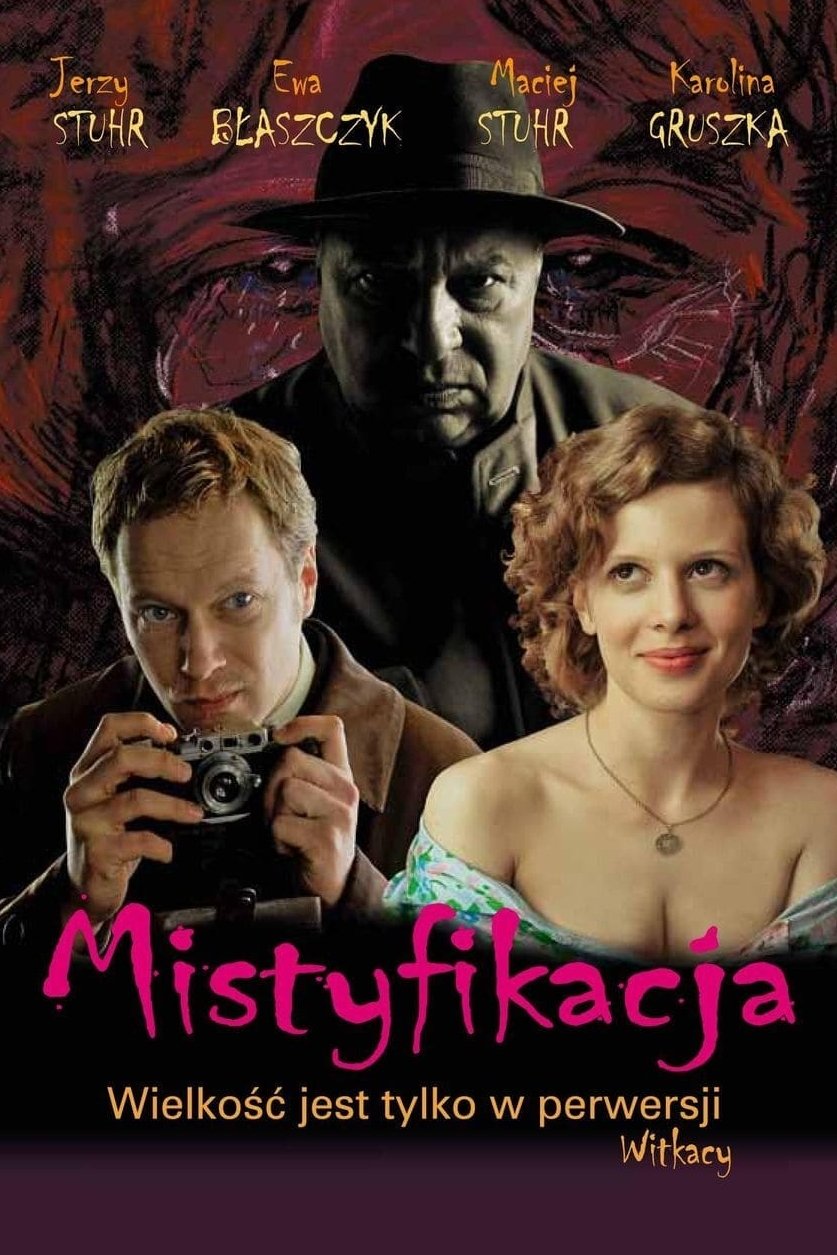
Lazowski, an expelled university student, investigates the supposed suicide of the famous artist Witkacy and tries to prove that the artist is in fact still alive.
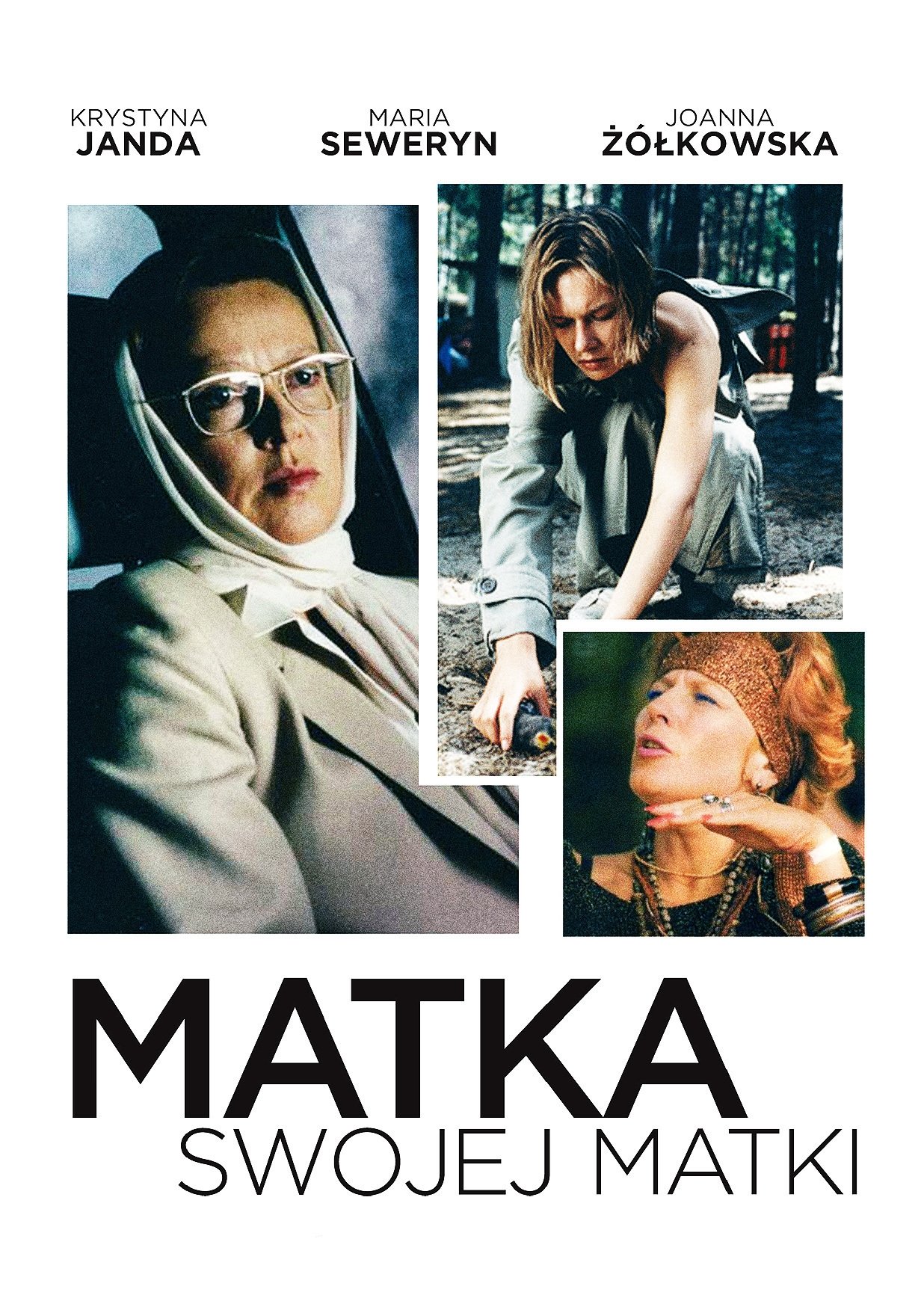
Barbara leads a stable life, is fulfilled professionally and has a loving family. Her foster daughter Alicja, who learns that she is adopted, decides to find her biological mother. When Alicja finds the real mother, the life of the main characters changes, and the positive relationships that linked them become blurred.
Jerzy Oskar Stuhr (Polish pronunciation: [ˈjɛʐɨ ˈʂtur]; 18 April 1947-9 July 2024) was one of the most popular, influential and versatile Polish film and theatre actors. He also worked as a screenwriter, film director and drama professor. He served as the Rector of the Ludwik Solski Academy for the Dramatic Arts in Kraków for two terms: from 1990 to 1996 and again from 2002 to 2008.
By browsing this website, you accept our cookies policy.